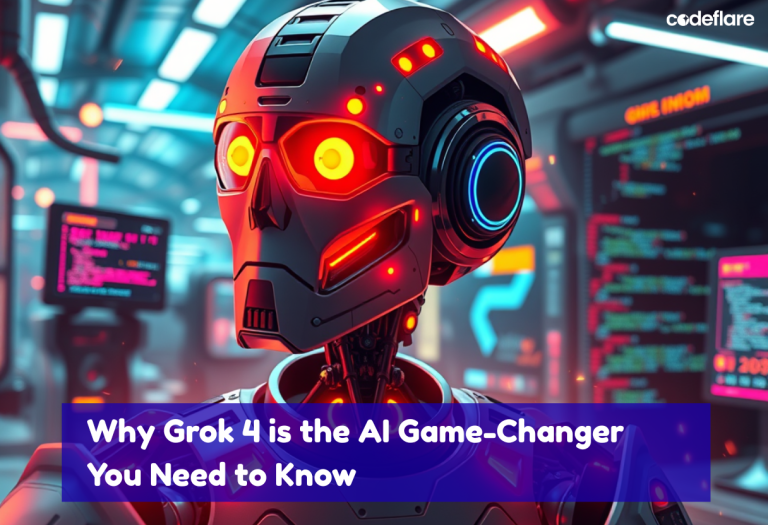
Founder of Isomorphic Labs aims to develop a drug in oncology, cardiovascular or neurodegeneration areas
Isomorphic Labs, a drug discovery start-up launched four years ago and owned by Google’s parent company Alphabet, is set to have an AI-designed drug enter trials by the end of this year, according to founder Sir Demis Hassabis.
“We’re exploring oncology, cardiovascular, neurodegenerative diseases—all the major areas—and I believe we’ll have our first drug ready by the end of the year,” Hassabis shared during an interview with the Financial Times at the World Economic Forum.
“Typically, discovering a single drug takes five to 10 years. We’re aiming to accelerate that process by a factor of 10, which could revolutionize human health,” said Hassabis, who, along with John Jumper and David Baker, was awarded the Nobel Prize for Chemistry in October.
Isomorphic Labs, which was spun out of Google’s AI research division DeepMind in 2021, remains a wholly owned subsidiary of Alphabet. Its promise has attracted major pharmaceutical partners eager to reduce the high costs and inefficiencies of drug development.
Hassabis previously told the Financial Times that his team is working on six drug development projects in collaboration with Eli Lilly and Novartis.
In a broader discussion, Hassabis, also the CEO of Google DeepMind, revealed that Google’s AI assistant prototype, Project Astra, is likely to launch for consumers later this year. He envisioned a future—within three years—where “billions” of AI agents operate, negotiating on behalf of vendors and customers, potentially necessitating a reimagining of the internet itself.
Hassabis emphasized the need for greater caution and collaboration among leading AI developers working toward artificial general intelligence (AGI). He warned that if not carefully managed, the technology could pose significant risks to humanity, especially if misused by malicious actors for harmful purposes. Buy Real-estate templates.
The ultimate objective of Google DeepMind, according to Hassabis, is to develop AGI—“a system capable of performing all cognitive tasks that humans can.” Despite the buzz on social media suggesting AGI is imminent, Hassabis noted it is likely still five to ten years away.
“If something is both possible and valuable, people will pursue it,” he remarked. “We’ve reached a stage with AI where the genie is out of the bottle. It’s now imperative to ensure this technology is guided into the world as safely as possible.”






